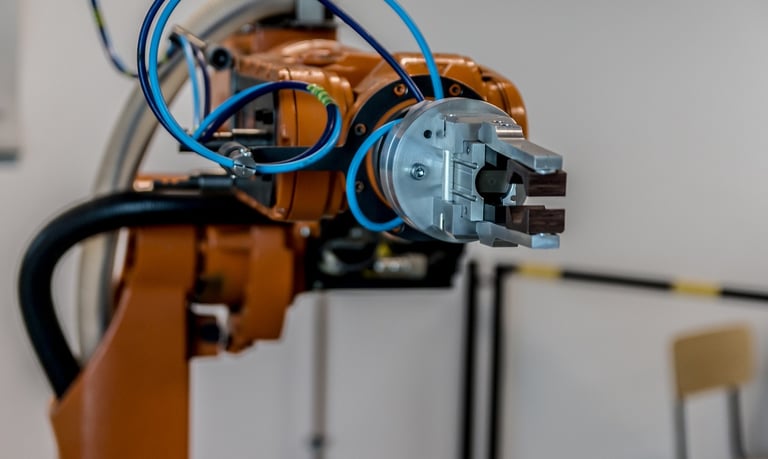My Personal Reflections on AI, Automation, and Accelerated Work Processes
NARRATIVEFEATUREDTECHNOLOGY


My personal reflection on AI revolves around the need for a conscientious approach.
In contemplating the rise of Artificial Intelligence (AI) and its transformative impact, a fundamental belief emerges—that AI, as an invention, is not inherently malevolent. The emphasis lies in recognizing that the potential for good far outweighs the influence of the negative aspects.
In my personal reflection, I underscored the notion that AI, in its essence, is a tool created to enhance human capabilities and facilitate progress. This perspective challenges the prevalent narrative that often associates technological advancements with potential harm. The key is to view AI through the lens of its positive contributions, fostering a mindset where the good it brings to society is the focal point.
It is essential to acknowledge the concerns surrounding AI, particularly those related to ethics, privacy, and potential job displacement. However, these challenges should not overshadow the broader view that AI, when developed and utilized responsibly, can be a force for societal benefit.
Elon Musk's call for proactive regulation aligns with the notion of steering AI's trajectory toward positive outcomes. Rather than reacting to potential issues, a proactive regulatory approach can ensure that AI technologies adhere to ethical standards and prioritize the well-being of society.
The analogy of AI being the "new electricity," as articulated by Andrew Ng, reinforces the transformative nature of this technology. While electricity can be harnessed for both constructive and destructive purposes, the emphasis should be on leveraging AI's power for positive advancements, akin to the positive impact of electricity in enhancing our lives.
Sundar Pichai's recognition of AI as one of humanity's most crucial endeavors highlights the potential for profound positive change. This goes beyond mere automation; it extends to fostering innovation and pushing the boundaries of what humanity can achieve. Approaching AI with this mindset positions it as a catalyst for progress rather than a harbinger of negative consequences.
Addressing the ethical dimensions of AI, including issues of transparency and unintended consequences, becomes paramount. The viewpoint that transparency is a crucial element in safeguarding against unintended negative impacts aligns with the idea that openness in AI development can mitigate potential risks and build public trust.
In navigating the accelerated pace of work processes facilitated by AI, a commitment to upskilling and reskilling the workforce becomes imperative. This aligns with the perspective that a human-centric approach should guide AI development—ensuring that technology complements human capabilities rather than replacing them.
The study of AI's impact underscores the importance of framing the discourse in a positive light. While challenges and ethical considerations must be addressed, viewing AI as a force for good sets the stage for responsible development and utilization. Through proactive regulation, transparency, and a commitment to human-centric values, we can ensure that AI contributes positively to our collective progress. Embracing the potential of AI with a focus on its constructive applications allows us to harness its capabilities for the betterment of society.
